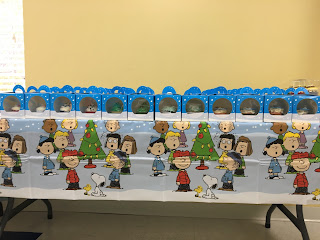As you prepare to lead your group to study the passage, be sure to remain focused on the TARGET for this session: Salvation is available to everyone through faith in Jesus alone. This Scriptures takes us to a meeting between Paul, Barnabas, and the Jerusalem church regarding those who had added additional requirements for salvation on the Gentile believers. Because of this, be aware that the discussion could focus on subjects such as how to conduct meetings, how to deal with conflict in the church, etc. While principles regarding this could certainly be drawn from the passage, keep the conversation focused on answering two questions:
- Is it necessary to add any “work” to grace in order for persons to be forgiven and stand in right relationship with God?
- What are the responsibilities of those who are saved?
Warning: If you do Google searches related to Christmas, Christmas and the gospel, Christmas and salvation, etc. you need to be aware that many of the videos and much of the content will be from the Mormon church. Watch for the term "LDS" in the description or in the URL. The illustrations are tainted because of the very reason we are studying this passage - adding something more to the gospel. In this case, they also take away from the divinity of Christ.
Celebrate, this week, that fact that the greatest gift ever given is the free gift of Salvation through Jesus Christ, and Christ alone and that is available to all.
DOWNLOAD THE SUPPLEMENTAL TEACHING PLAN




































